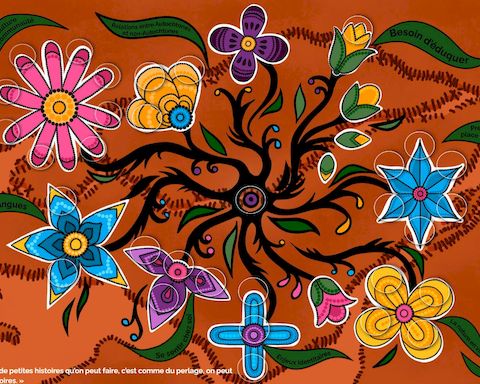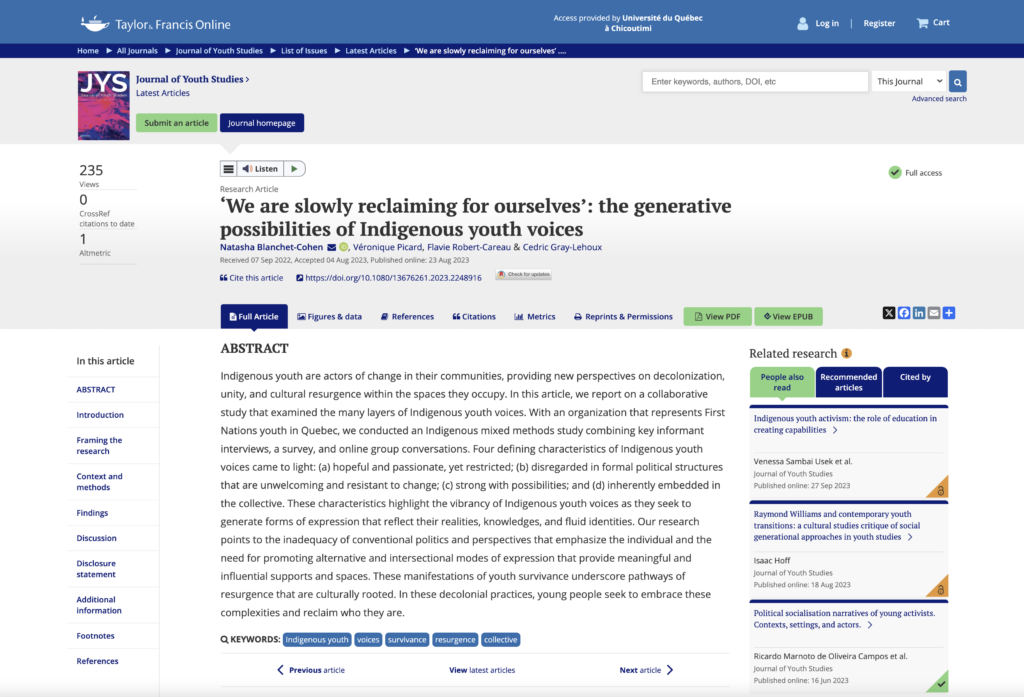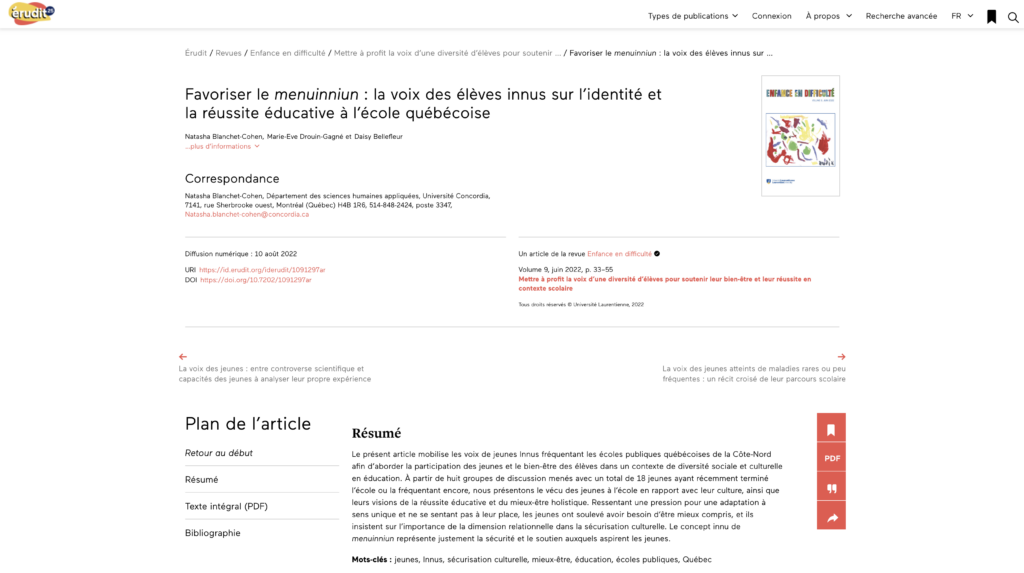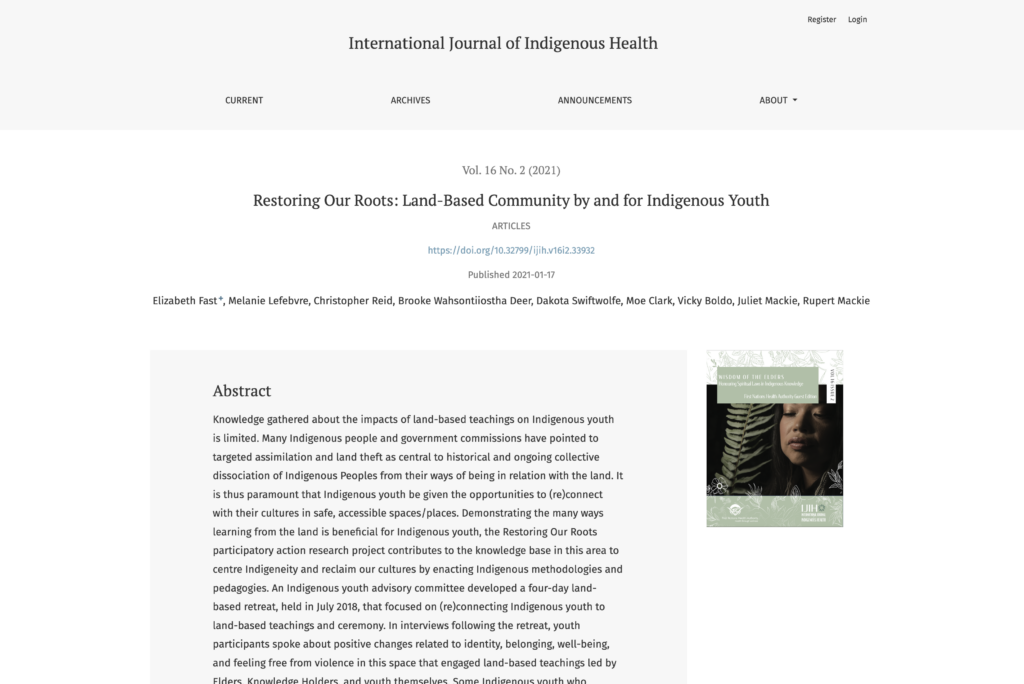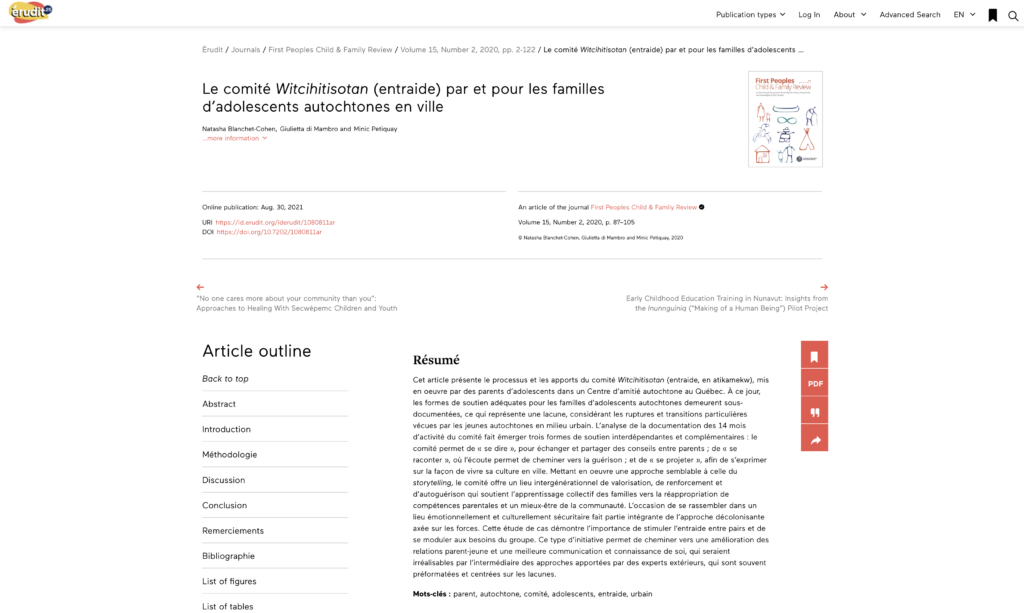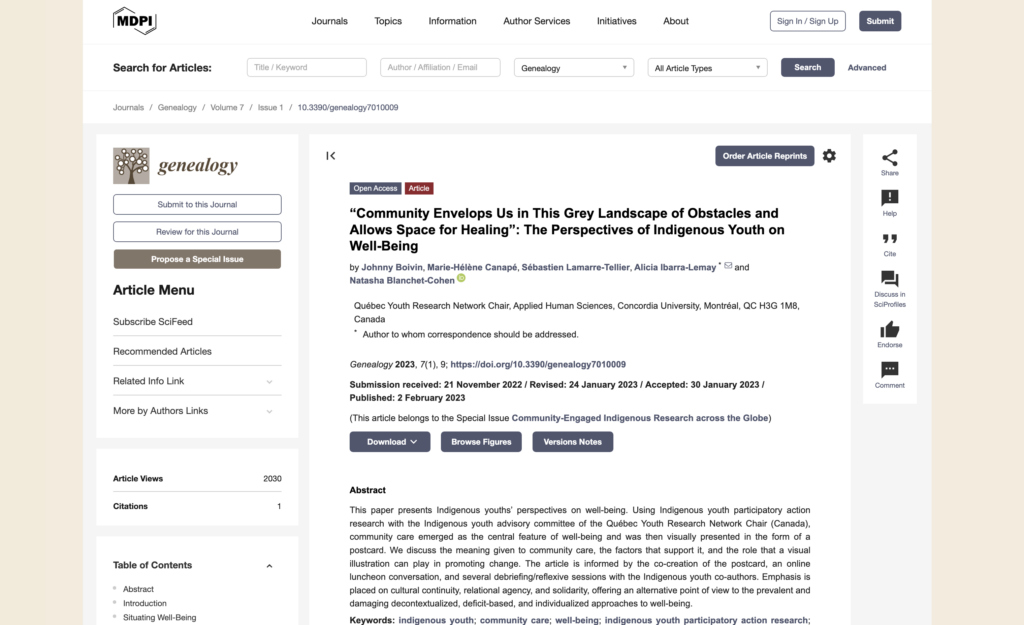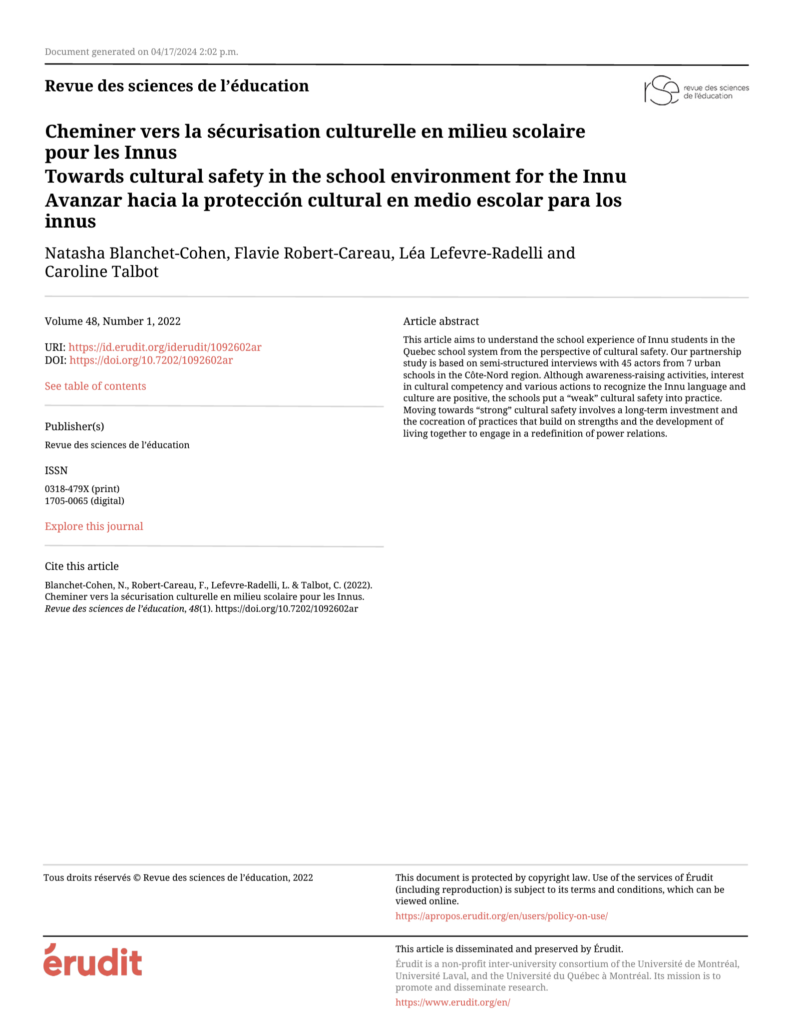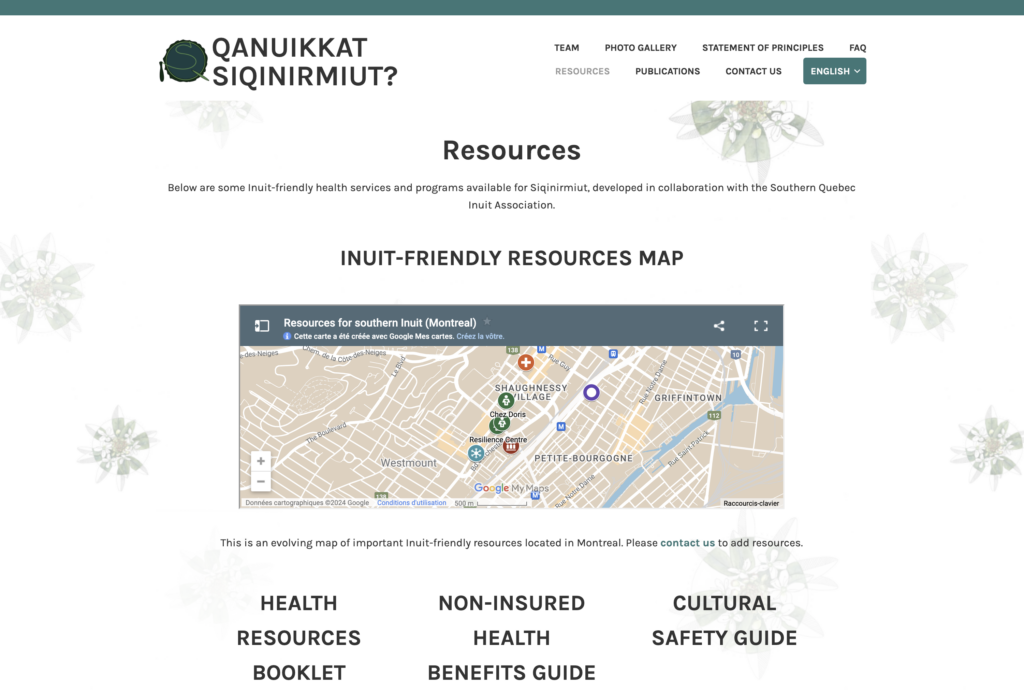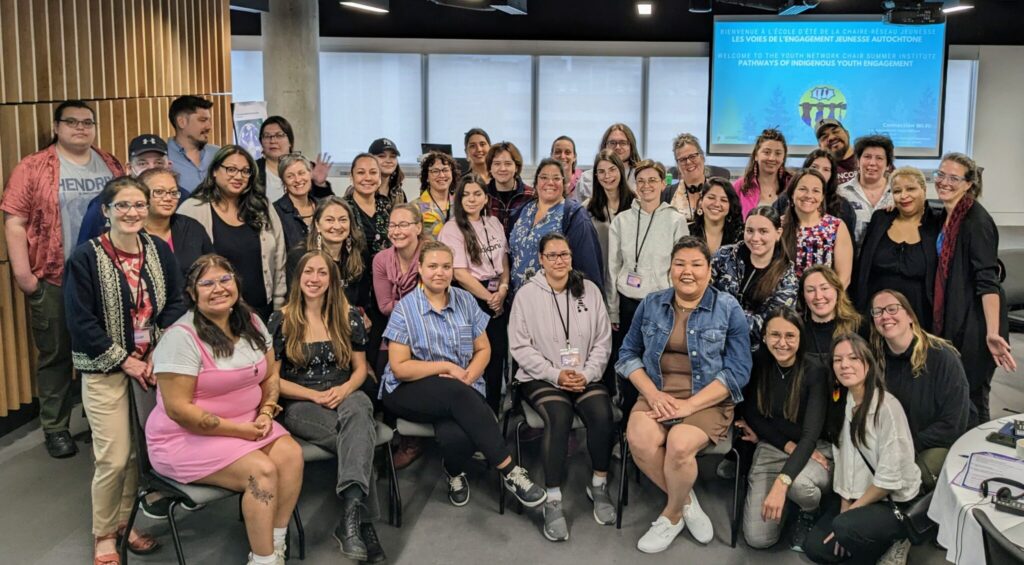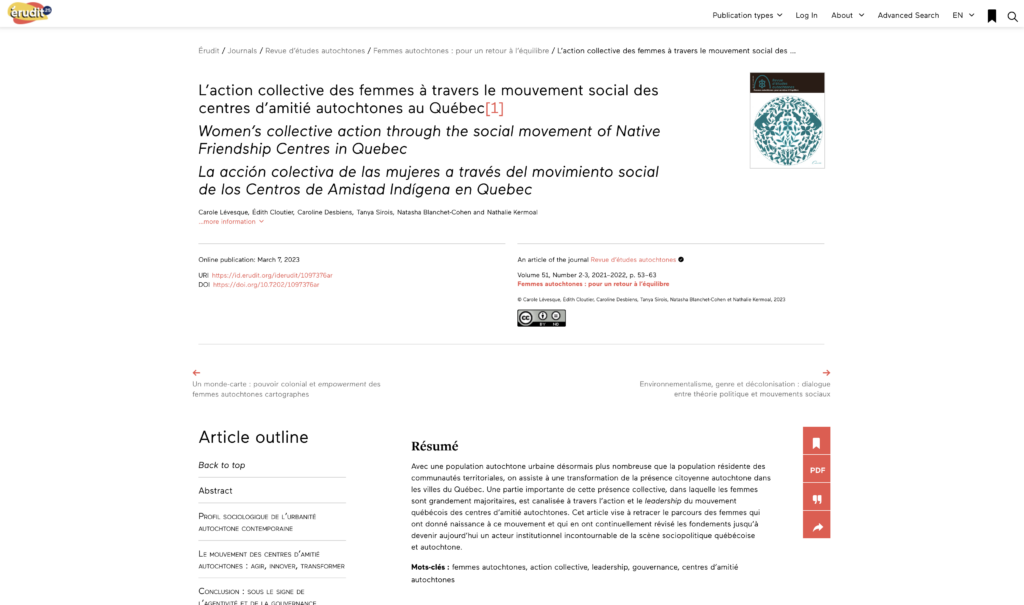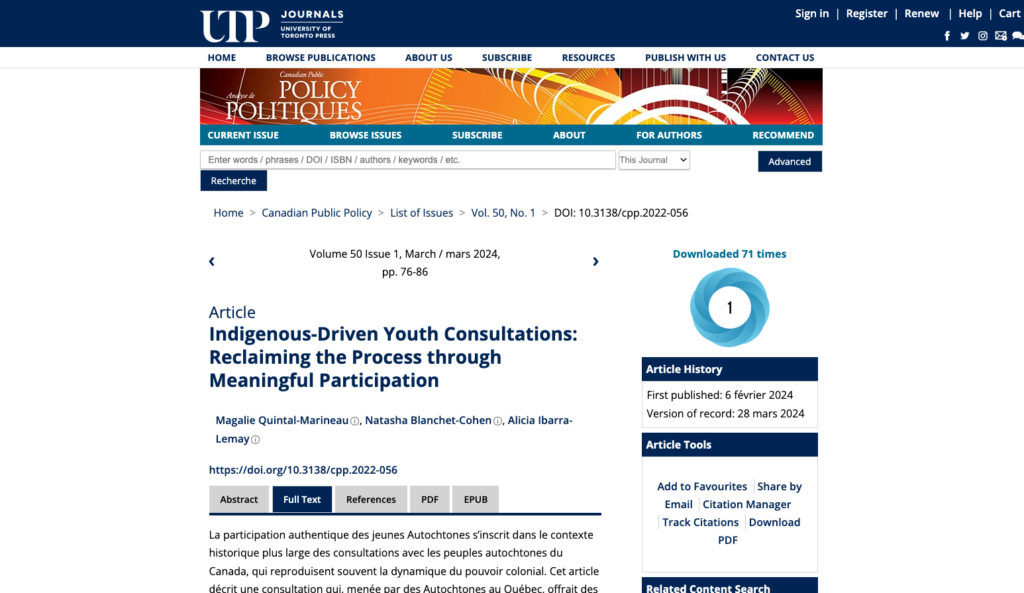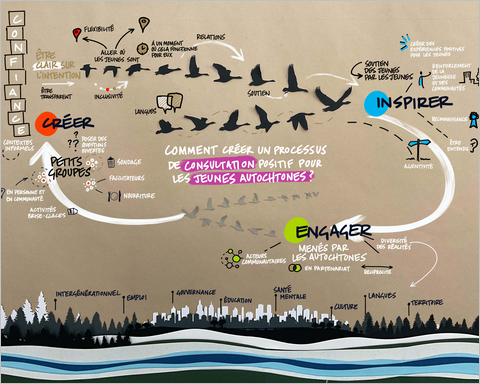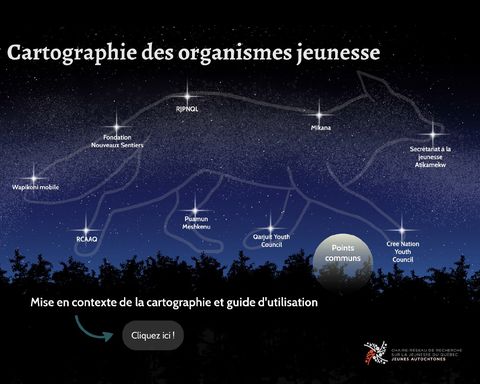Notice bibliographique
Aeby G., Gauthier J-A., Gouveia R., Ramos V. et K., W. (2017). The Impact of Coresidence Trajectories on Personal Networks During Transition to Adulthood: A Comparative Perspective. Dans Česnuitytė V., Lück D. et Widmer E. D. (dir.), Family Continuity and Change: Contemporary European Perspectives (p. 211-242). UK : Palgrave Macmillan.
Résumé
Over the life course, individuals develop personal networks that provide essential resources, sporadically or on a daily basis, such as instrumental, emotional, and informational support. Those personal networks are composed of family (i.e., primary and extended kin) and nonfamily ties (i.e., friends, colleagues, acquaintances) (Pahl and Spencer 2004). The prominence of specific ties varies across the life course depending on life stages, transitions, and events. Following the linked-lives principles (Elder et al. 2003), these transitions trigger changes in household composition, promoting different types of relational interdependencies. The level of interdependence with some household members may have a cumulative effect by strengthening the bonds, whereas with others the effect may be more ephemeral and lead to the exclusion of such ties in current personal networks. Thus, coresidence trajectories, such as the experience of growing up in a two or one-parent family, leaving the parental home early or late, moving in with a partner or living alone, becoming a parent, divorcing, and other events, will differentially influence the composition of personal networks.
Publication du membre
Gaëlle AebyAppartenance aux volets











